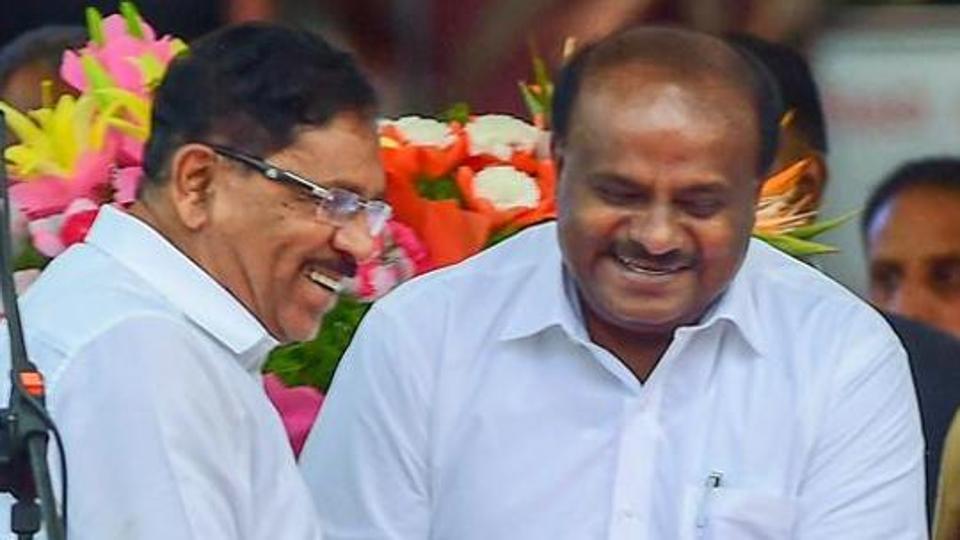
Govt mulls ban on construction of residential high-rises in Bengaluru

While Bengaluru and Chennai face severe water crisis this year, Karnataka Deputy Chief Minister G Parameshwara has stoked a controversy saying that the coalition government in the state has planned a five-year ban on the construction of residential high-rises in the capital city.
With Bengaluru’s population nearing one-sixth of the state’s 6.7 crore population, the city witnessed tremendous growth in the recent years. “Rampant construction led to the water crisis. We will discuss with developers and builders and arrive at a conclusion on the proposed ban,” Parameshwara said.
He went on to say that several builders sold apartments without assuring water and that led to people depending on tanker waters, which in turn, resulted in a health crisis in the city.
Also Read: Release Cauvery water as per availability, board tells Karnataka
The proposed plan has invoked mixed response. While former IAS officer V Balasubramanian called it a bold move, stating that the government should implement it without rethinking, several developers and entrepreneurs have given it a thumbs down.
After a public interest litigation was filed in the Karnataka High Court last year, the government proposed a slew of punishments and fines for officials who turn a blind eye to illegal constructions in urban areas. Besides, it also proposed the doubling of property taxes on such buildings.
Another drama by the government?
Ramani Sastri of Sterling Developers opined that while it was the government’s responsibility to provide water, a decision taken in haste might not go well with the city’s development plan. Brand consultant Harish Bijoor, in a tweet, said it was nothing but a dramatic solution to a dramatic problem.
Currently, though the Cauvery water doesn’t reach the entire city, it gets about 18 tmc ft a year. The government has also planned to pump water from Yettinahole to districts surrounding Bengaluru.
As per government estimation, about 38 per cent of the Cauvery water is lost in transition. The government estimates that Bengaluru is likely to account for about two-third of urban water demand by 2030 and hence, the government is paying all its attention to meet the estimated water demand.
Also Read: Palaniswami seeks Modi’s intervention on Mekedatu issue
In a bid to mitigate the risk of drinking water woes of the capital city, the HD Kumaraswamy-led government directed the water resources department to prepare a detailed project report (DPR), upon which, it will take a final decision.
The government mooted the plan based on a report by a 10-member committee headed by former Bengaluru Water Supply and Sewerage Board (BWSSB) chairperson B N Thyagaraja.
Considering the growing population of Bengaluru, the committee had suggested that 10 tmc ft (thousand million cubic feet) water can be drawn every decade for three decades from 2021.

